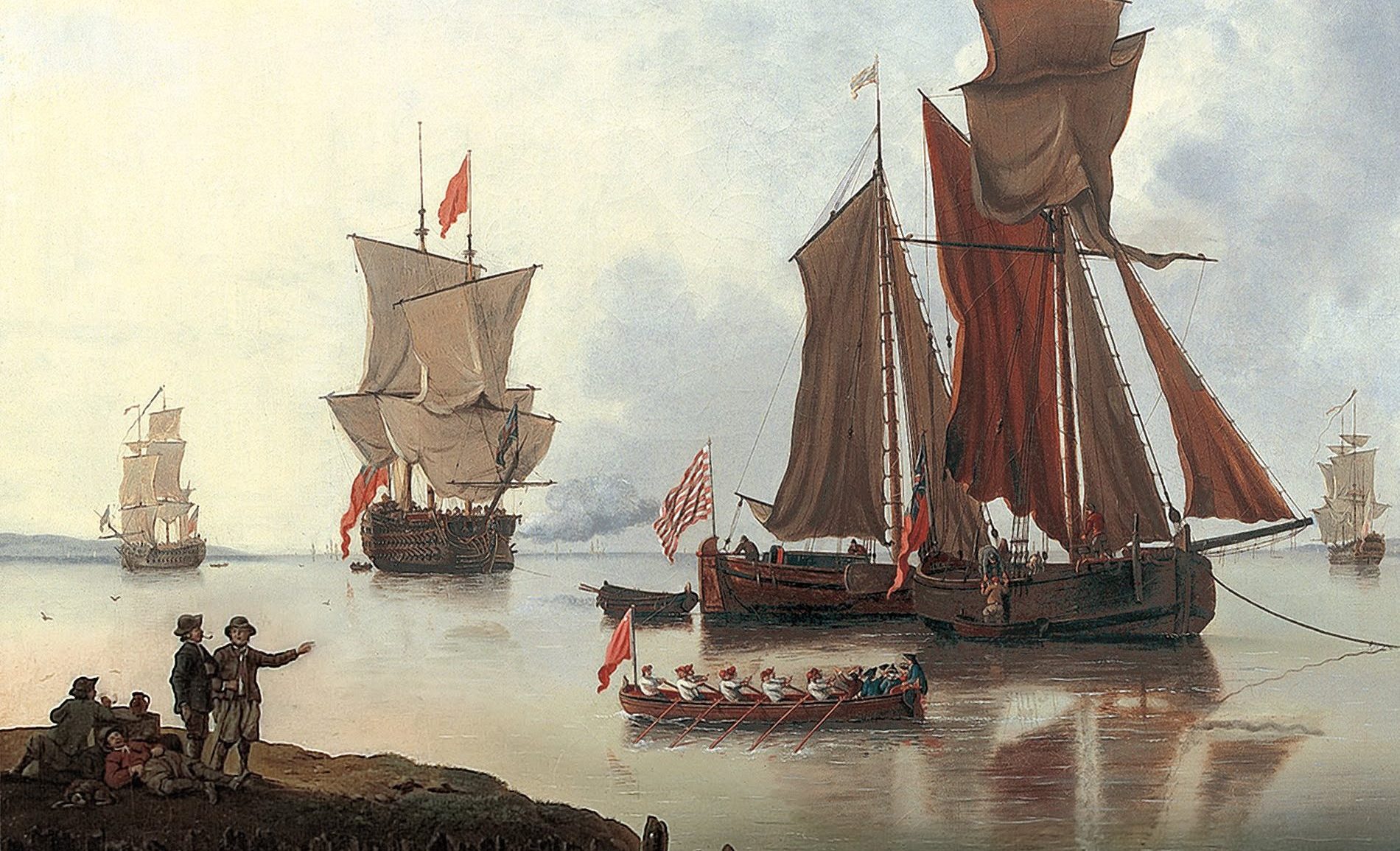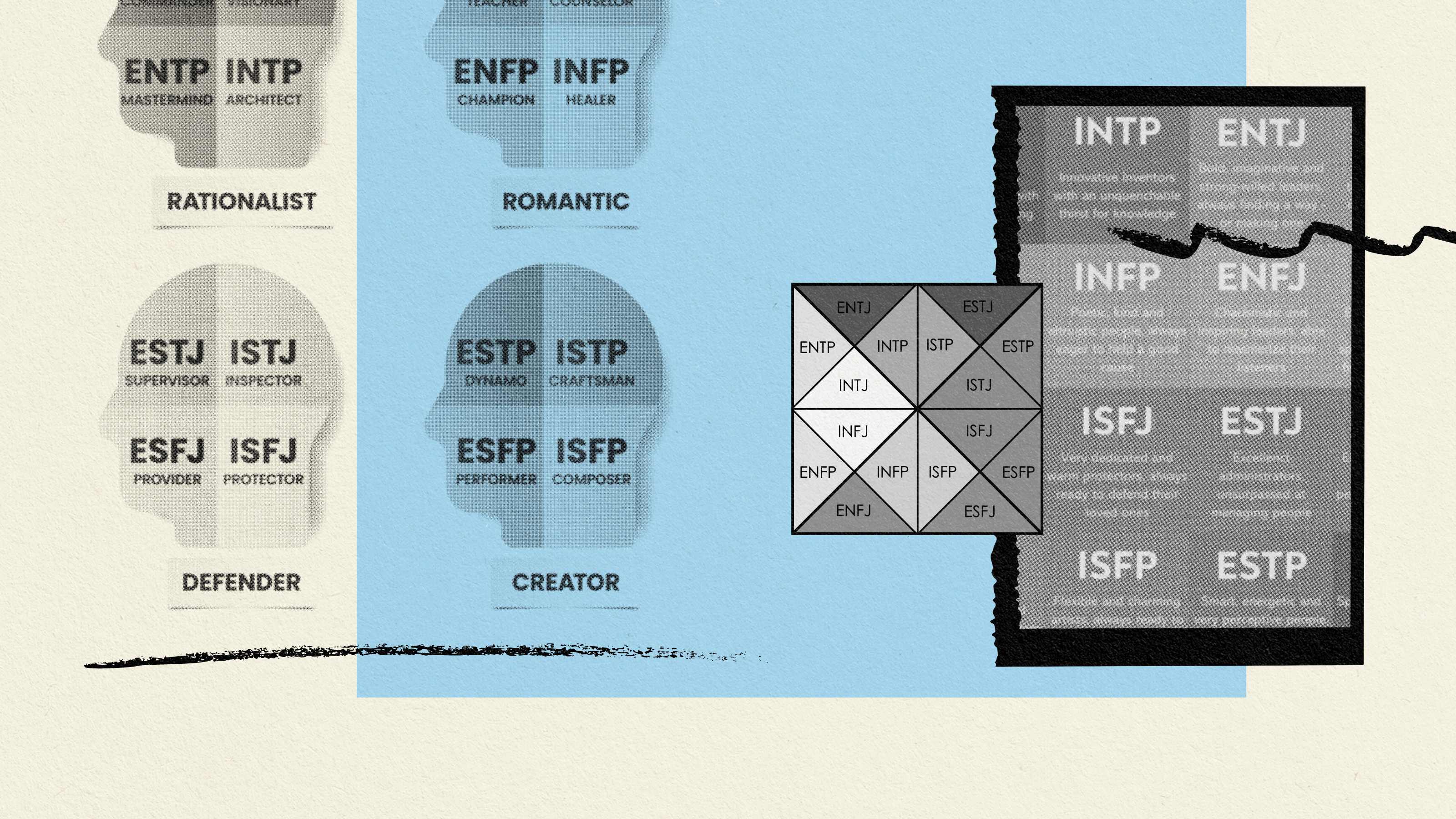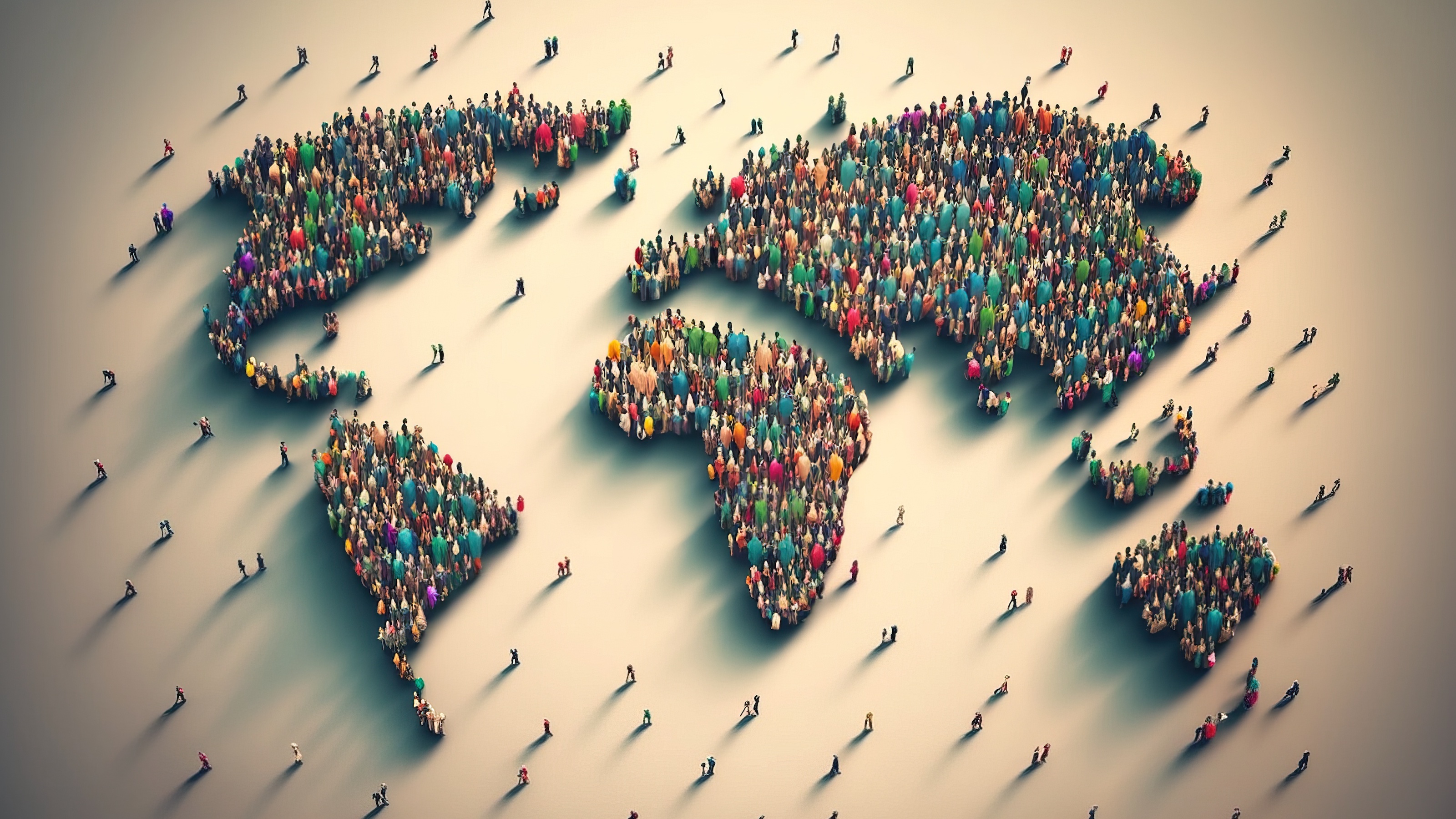The election of Donald Trump wasn’t business as usual – it was a message from the Rust Belt, who in some sense have lost their economic voice. Voters in the region used the ballot in November 2016 to attempt to regain control over financial policies that were not designed to benefit them. Inequality in the U.S. has increased dramatically, and economists like Pia Malaney understand that if you do a post-mortem on major financial policies like trade and immigration over the last few years, it exposes where the populist backlash has come from. There are winners and losers in every economic policy, and in recent years the U.S. has been skipping the crucial last step: wealth redistribution. Malaney gives a detailed insight into the system of winners and losers the U.S finds itself in, and emphasizes the importance of understanding the real implications that policies have in different regions.
Pia Malaney: Within our market economy we think of us as having the ability to vote through our dollars. So it’s one dollar, one vote. But we’ve seen inequality in this country increase so dramatically recently that we are in some sense hearing some voices much more loudly than others. If you look at the percent of income that is going to the top one percent of our population in the last 20 years it’s doubled from 10 percent to 20 percent. If you look at the pay of CEOs compared to the pay of the average production worker it went from being something like 24 times the pay of an average production worker to being closer to 200 times. In many ways the voice of our working class Americans is no longer being heard at the same level because they don’t have as much control within that economy.
So they’re looking to what we can think of as another economy, a separate place to hear their voice which is our ballot economy. And we’ve always believe that our ballot economy represents one person, one vote. Of course we’re seeing changes in that too. We have come to understand very clearly the effects of gerrymandering over the last several years. We have seen, in this last election, the impact of the electoral college and what that does to the voice of the majority. And we also understand that when you have two senators from a state like Wyoming or from Vermont and two senators from California that, in fact, we don’t really have one man, one vote. But we have enough equality within that system that we actually were forced to listen to the voices of people who have felt disenfranchised in our market economy.
So what are these policies that have caused people to react in this way? Well we can think of just a few of them if we think about finance, integration, trade. Very often we have been told by the establishment that immigration represents a win-win for America. The trade represents a win-win for America. Well, let’s delve a little deeper into that. Is that really true? As economists when we think about welfare we’re very careful to think about ourselves as technocrats. So we don’t want to decide for a society what distribution within a society should look like. And so we have this notion of welfare called Pareto welfare. And we think of something as a Pareto improvement if you can make at least one person better off by making nobody worse off. As you can imagine this is somewhat difficult within a policy context. It’s very hard to find a way to have any policies that have no negative impacts on anyone but can make some people better off.
So we found a refinement to that, something we call Kaldor-Hicks where we look at the net benefit versus the net cost. And the idea is that we can have a net benefit and we can redistribute it amongst the losers. So we take whatever benefit we have to the society as a whole and we redistribute so that overall people are better off. Well then we have a Kaldor-Hicks improvement and we think of that as a welfare improvement.
Let’s look at what is going on in the situation of trade. So we know with trade that there are winners and there are losers. We also know that by the principle of comparative advantage that we’re going to actually have an efficiency gain. So you’re going to have some transfer where American consumers do better off because we have access to goods at better prices. And American producers maybe lose some of their resources because they can’t sell as much to our economy and they have to face a more competitive economy. And then we know that we also have this competitive gain. And if you add up the benefits and the costs you find that, in fact, we have an overall benefit. What we often here when we hear about trade is that it’s a win-win situation.
And what we’re really referring to is the fact that we have a Kaldor-Hicks improvement. Except we as economists understand that there’s one more piece to that – which is that I order for everyone to be better off we really need to find a way to redistribute that income away from the winners and towards the losers so that they’re compensated for their loss.
Similarly if we look at immigration there are winners and losers. There are at least three things that happen when we increase immigration in this country. Wages go down as the supply of labor goes up. And as a result of that there is some transfer from domestic workers to foreign workers. There’s some transfer from domestic workers to domestic capital because the cost of wages has just gone down. And there is also an efficiency gain. So GDP does indeed go up as we increase immigration and it goes up by more than just the benefits to foreign workers and domestic capital. However, the incidence of the loss has just fallen on domestic workers and unless we can actually carry out the next piece of that which is the redistribution everyone is not winning from this. There are designated winners and designated losers.
So as economists we understand that there is a tradeoff between efficiency and equality. And we understand that any kind of redistributive policies that we undertake is going to have some cost in terms of efficiency which is the amount of welfare that we can actually provide to a society as a whole. And achieving maximum efficiency has very much to do with understanding what people’s choices are and allowing them to maximize their choices given whatever the constraint set is. Any time you have a tax or any kind of redistributive policy we’re changing the incentive structure by changing the price system. And so we’re introducing a distortion which is always going to have some kind of efficiency effect. We’re always in this position of needing to decide how much efficiency and how much overall welfare do we want to give up so that we can actually have a more equal society.
And this is the piece that ends up being more of a political choice than a technical choice. And it’s also the piece that’s very hard to get people to push through politically. Except that what we’re now seeing in terms of this populist backlash is that people are saying things have shifted maybe too much to one side. Maybe we need to rethink where we are in terms of this trade off.
And, in fact, the establishment and the educated elite understands very well what feels wrong and they understand that there is a piece of this that we haven’t been fully honest about. It may not be a zero sum game but it’s also not a win-win. And I order to understand the message that we’re getting from rust belt America we need to understand what the real implications of these policies have been for them.





